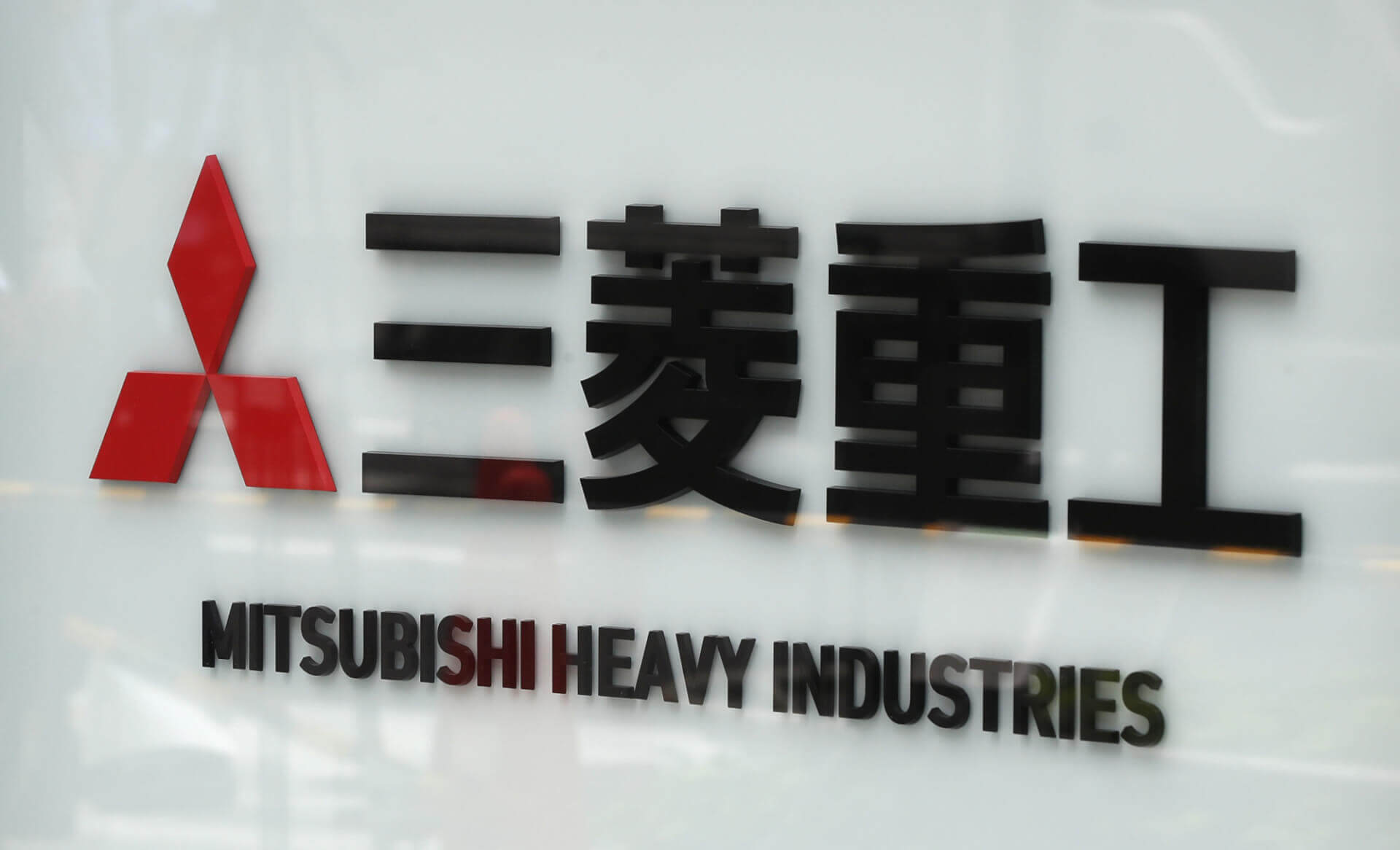On Monday, a South Korean court issued an unprecedented order directing Japan’s Mitsubishi Heavy Industries to sell assets to compensate World War II (WWII) forced labourers. The ruling prompted a protest by Tokyo on Tuesday.
According to South Korea’s Yonhap News Agency, the Daejeon District Court ruled that two patents and two trademarks held by Mitsubishi Heavy Industries must be sold to compensate two Korean women plaintiffs in their 90s. The proceeds are expected to raise enough to pay each plaintiff around 209 million ($176,500) won in compensation and interest.
For the first time, a South Korean court has ordered a Japanese corporate to liquidate its assets in a damages suit filed by WWII forced labourers.
While a support group for the South Korean forced labour victims welcomed the court decision as a “step forward” on compensation, Japan expressed disappointment.
Japanese Foreign Minister (FM) Toshimitsu Motegi said the ruling was a “clear violation of international law” and could have a “serious” impact on bilateral relations. “We must avoid serious impacts on Japan-South Korea relations,” he said. During a regular news conference in Tokyo, Motegi described the ruling as “truly regrettable.”
Additionally, Japanese government spokesperson Katsunobu Kato announced that Japan “strongly requested” South Korea to take “appropriate measures immediately.” He added that Mitsubishi Heavy Industries “will immediately appeal the Korean verdict.”
The court verdict comes after South Korean President Moon Jae-in said in March that his government was willing to talk to Japan “anytime” to work towards stronger future cooperation and not allow historical issues to hamper the potential of bilateral and multilateral cooperation. However, this will be easier said than done as ties between the two nations have been strained for decades.
The two nations have been at loggerheads over a previous ruling by a South Korean court in 2018, which ordered Japan’s Nippon Steel Corp to pay four former WWII workers. Japan has maintained that the South Korean court ruling is a “violation of international law” because it counters the bilateral agreement signed in 1965.
According to the treaty, Japan paid $300 million in grants and $200 million in low-interest loans on the understanding that all of South Korea’s “claims were settled completely and finally.” In response, South Korea’s Supreme Court ruled that agreements such as those signed in 1965 do not “impede individual victims’ rights to seek redress.”
The fallout from the 2018 ruling resulted in a trade war between the two states. Frustrated with the court proceedings, in 2019, Japan put restrictions on several high-tech exports to South Korea and downgraded Seoul’s status as a trusted trading partner. South Korea retaliated by boycotting several Japanese products.
In a white paper published by South Korea’s Defence Ministry in February, Japan’s status has been “downgraded” from “partner” to “neighbour,” signalling the deteriorating ties between the two countries. The change in the biennial publication was considered “reasonable” after Japan removed South Korea from the list of preferential export nations in 2019.
Addressing these disputes, Japanese Prime Minister Yoshihide Suga wrote a letter to the South Korean President last September and hoped for renewed and improved relations between the two nations. However, the recent developments are a new indication of friction.

